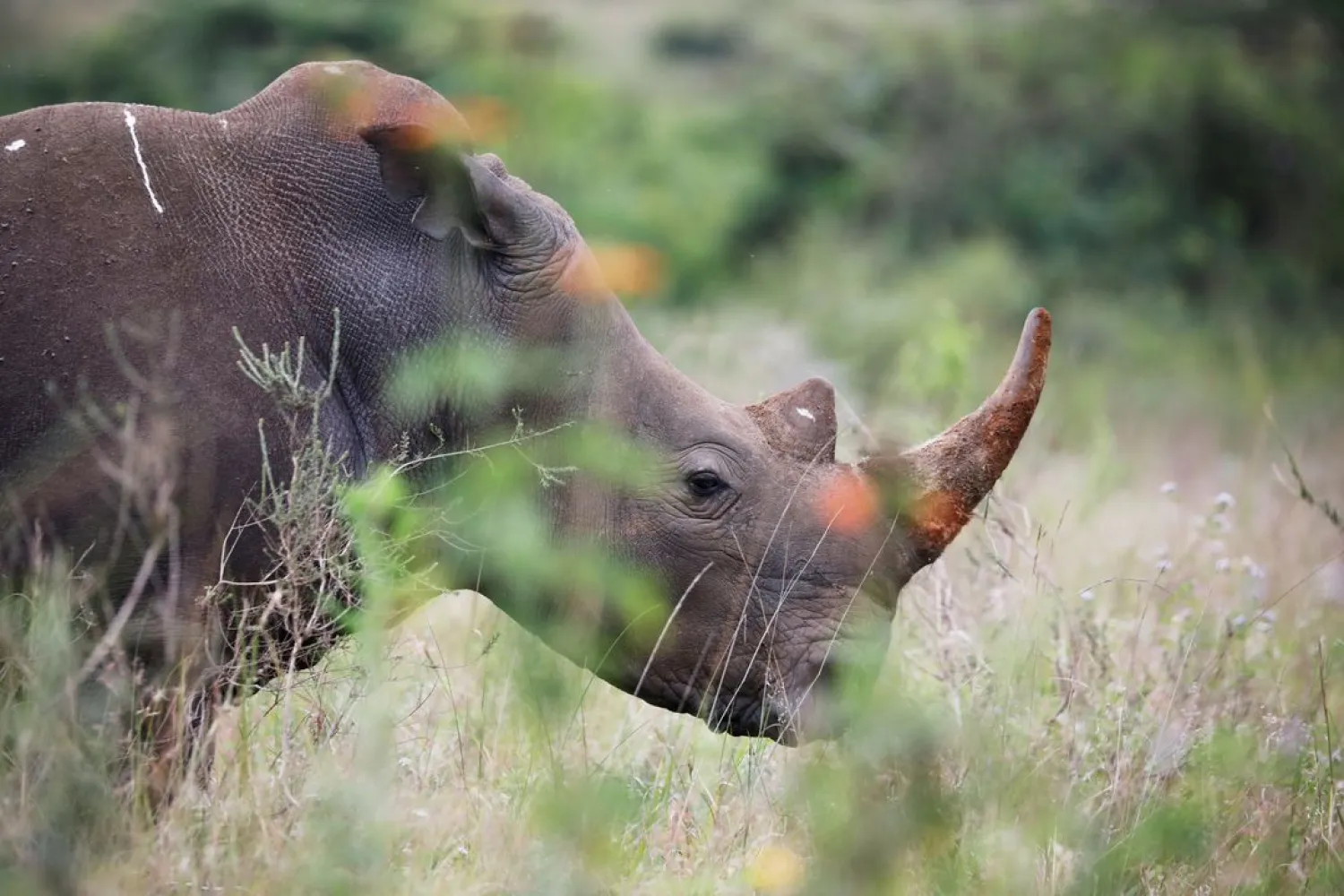Kenya's black rhinos, sable antelope and three other species are critically endangered, while nine more species including lions, elephants and cheetahs are endangered, the government said, citing the threat from an expanding human population.
The East African nation conducted a three-month survey of its wildlife from May to July, the first time it has conducted such an exercise aimed at informing its conservation policies.
In its report, released late on Tuesday, the government said conservation efforts were facing a threat from an expanding population which is encroaching on the spaces reserved for wildlife.
Human activities such as farming and construction of roads and railways have affected the distribution of animals in some areas, the government said.
"Livestock incursions, logging, charcoal burning, settlements and fires were observed in conservation areas," the government said in the report.
Some of Kenya's most vulnerable animals, including rhinos and elephants, are counted periodically but the recent census was the first time it counted animals systematically in all parts of the country.
The government defined as critically endangered those species that could go extinct without immediate measures being taken, while species on the endangered list may survive longer without intervention.
Tourism accounted for 8.2% of Kenya's GDP in 2019, according to the World Travel and Tourism Council, much of it from visits to nature parks, but has fallen drastically during the COVID-19 pandemic.
Najib Balala, the minister for tourism, said he was concerned by the shrinking space for wildlife due to human encroachment.
"This will require more attention if we are to avert the danger of secluding wildlife in pockets of protected areas," he said in the report.









